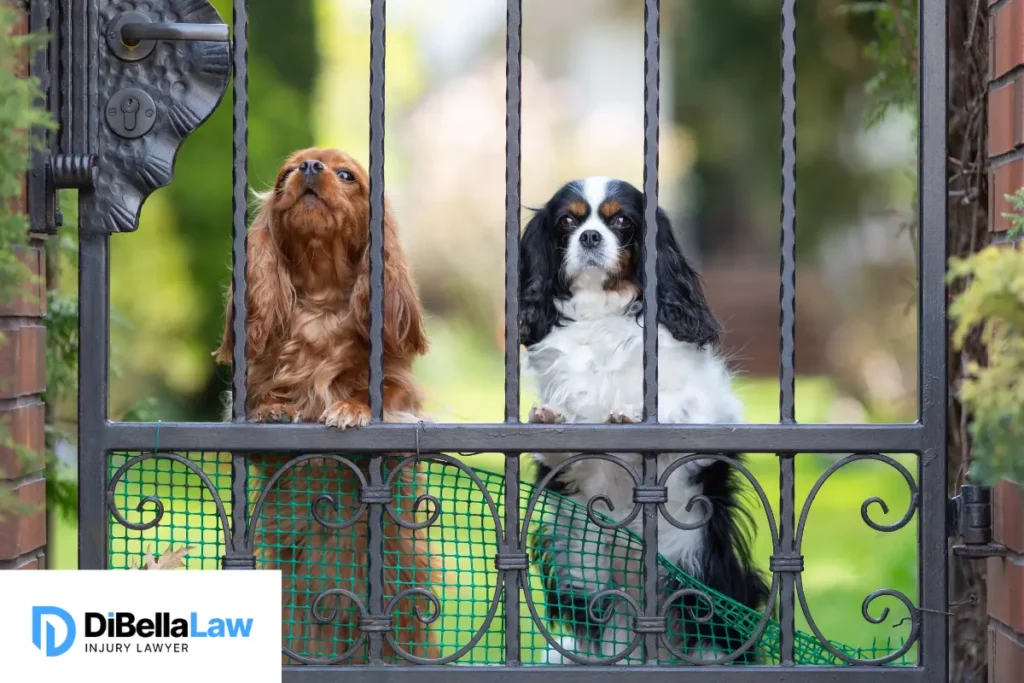Your house is your sanctuary; a safe place from the rest of the world. The same should be true of your yard. If you have pets—whether dogs, cats, horses, or turkeys—then that yard is their territory. But accidents do happen. And even if you’re being a responsible dog owner, there’s no guarantee everyone else is.
If a dog enters your yard and injures or kills your pets, you can seek damages from the dog’s owner or keeper – Massachusetts defines the “keeper” as one who was given control of the dog – in civil court. Massachusetts is a “strict liability” state when it comes to dog attacks. No matter what kind of damage caused by physical contact with the dog, that damage is recoverable in court. You don’t have to prove that the owner was negligent; the fact that his or her dog caused you injury is enough to make him or her legally responsible to you. As long as you were not “committing a trespass or other tort…teasing, tormenting or abusing such dog” at the time of the attack, then you have a right to file a claim to collect compensation for up to three years after the attack.
Dogs outside their homes must be leashed. They are not allowed to run free, entering other people’s property. Some cities have problems with roaming dogs terrorizing neighborhoods. If the dog that killed your pet was “dangerous,” you can recover treble damages – triple the amount you lost. You cannot get money for your emotional “pain and suffering,” unfortunately, because animals are legally considered property in all 50 states.
How is a dangerous dog defined? It depends on where you live. In the city of Boston, for example, after a complaint is made, a Hearing Authority of the Animal Care and Control Unit will judge the dog’s past behavior and circumstances and make a ruling. They will not decide solely based on breed, or aggressive behaviors like growling, or cases in which the dog was responding to a perceived threat. But once a dog is officially ruled “dangerous,” that owner has to take special care to keep the dog from harming people, animals, or property – which is why the State punishes owners of dangerous dogs more harshly. They definitely know better.
Now, you obviously can’t sue for damage your own dog does to your own property. And the statute specifies that if you own an unlicensed dog over 3 months of age, you can’t be reimbursed for the damage another dog does! However, it also says “No reimbursement shall be made for damage by a dog to dogs, cats and other pets. Awards shall in no case exceed the fair cash market value of such live stock or fowls.” But that’s not true anymore, as this following case will show.
Though most dog bite cases involve attacks against humans, animals also have their say in court. In the 2014 case of Irwin v. Degtiarov et. al., the judge ruled that, although the damage a German shepherd did to a Bichon Frisé caused veterinary bills that way exceeded the “fair market value” of the wounded Bichon, the Bichon’s owners were entitled to collect their vet costs in full—which exceeded $8,000.
Of course, having a lawyer greatly helped. Dog bite laws can vary widely depending on where the attack took place, because every state, county, and city or township has its own rules in place for dealing with dogs. If your pet is injured or killed by a dog, you need to know which laws apply to your situation before filing a claim. If you have specific questions, it’s best to contact an experienced Boston dog bite attorney.
